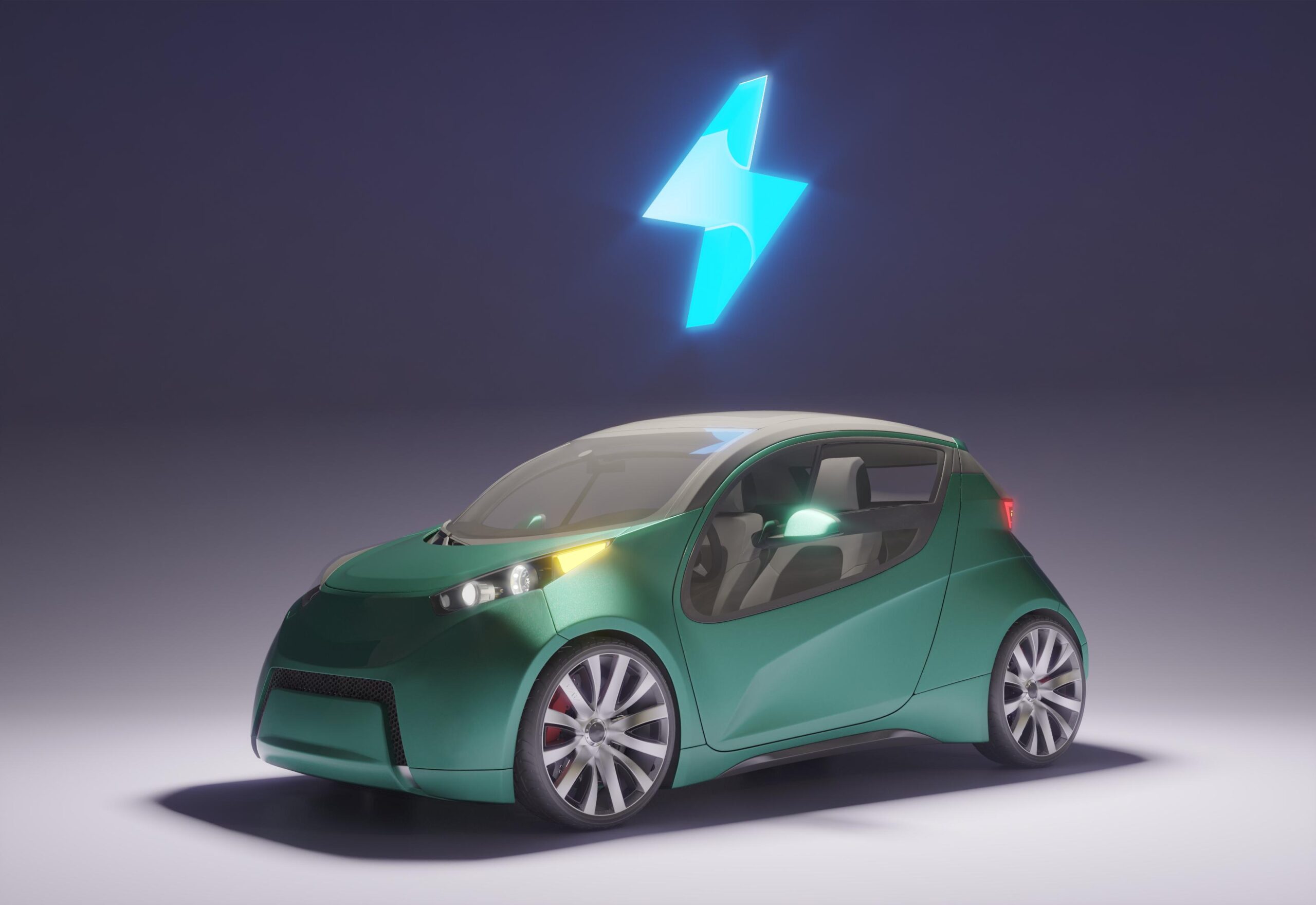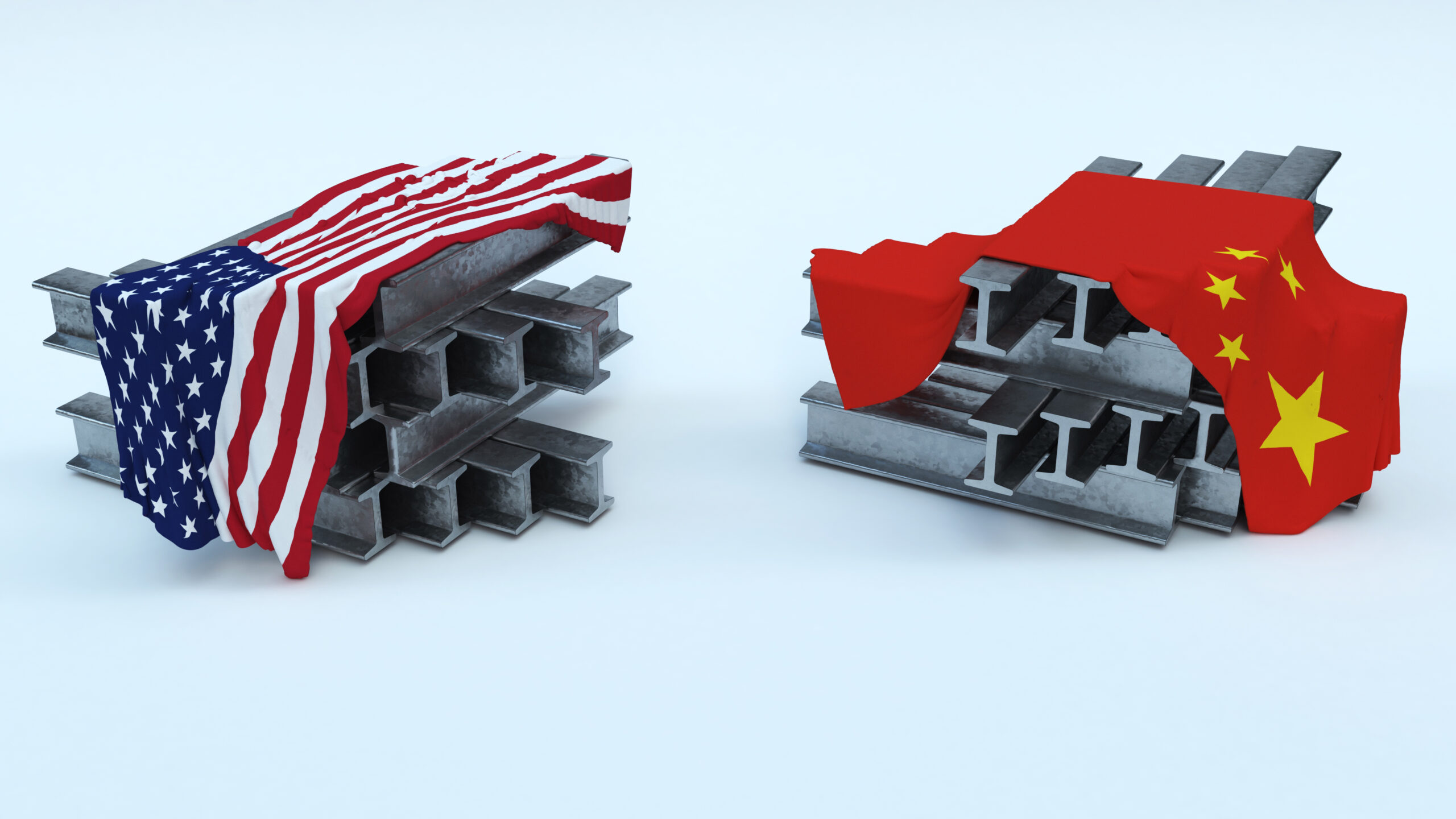In a strategic move that marks a significant expansion into the electric vehicle (EV) industry, Foxconn—best known as the manufacturer of Apple’s iPhones—has announced a groundbreaking partnership with Mitsubishi Motors to design and manufacture electric cars. This collaboration is poised to reshape the competitive landscape of the EV sector, particularly in Asia-Pacific and global markets.
Foxconn’s Foray into Electric Vehicles: A Bold Step Forward
Foxconn, officially known as Hon Hai Precision Industry Co., Ltd., has long dominated the consumer electronics manufacturing industry. As the world’s largest contract electronics maker and a vital supplier to tech giants like Apple, Foxconn has built a reputation for high-precision, high-volume production. Now, the company is channeling its vast manufacturing experience into the automotive sector, targeting the booming EV market.
Under a memorandum of understanding (MoU), Foxconn and Japanese automotive heavyweight Mitsubishi Motors have agreed to collaborate on building electric vehicles in Taiwan. While non-binding at this stage, the MoU outlines a vision for co-developing and manufacturing a new line of EVs by 2026.
Key Highlights:
- Partnership Scope: The agreement involves Foxconn’s EV-focused joint venture, Foxtron, partnering with Mitsubishi to build and design the vehicles.
- Manufacturing Location: The vehicles will be produced in Taiwan.
- Market Targets: Initial rollout will focus on Australia and New Zealand, with other global markets likely to follow.
- Timeline: The first EV model under this collaboration is expected to hit the market by late 2026.
Introducing Foxtron: Foxconn’s Electric Vehicle Venture
Foxtron Vehicle Technologies, Foxconn’s EV joint venture with Taiwan’s Yulon Motor, is the driving force behind this initiative. Foxtron was established as part of Foxconn’s long-term strategy to diversify beyond electronics and gain a foothold in the automotive world.
Foxtron has already unveiled prototype electric vehicles, including sedans, SUVs, and buses. These concepts showcase Foxconn’s vision for smart, sustainable transportation built on modular EV platforms. With its partnership with Mitsubishi Motors, Foxtron is set to transition from prototypes to production-level vehicles.
Foxtron’s Role in the Mitsubishi EV Project:
- Design & Engineering: Foxtron will lead the vehicle design, utilizing cutting-edge technology and smart mobility systems.
- Manufacturing & Management: Foxtron will oversee the production process, ensuring efficiency and scalability for global distribution.
Mitsubishi Motors Seeks EV Competitiveness Through Collaboration
Mitsubishi Motors, part of the Renault-Nissan-Mitsubishi Alliance, has historically been a pioneer in hybrid and electric technologies. However, the Japanese automaker has faced increasing pressure from aggressive Chinese EV manufacturers such as BYD, NIO, and XPeng, especially in emerging markets like Southeast Asia, Latin America, and Europe.
The partnership with Foxconn provides Mitsubishi an opportunity to:
- Expand its electric vehicle portfolio.
- Leverage Foxconn’s advanced manufacturing capabilities.
- Compete effectively against Chinese EV manufacturers.
As global demand for clean mobility solutions continues to surge, Mitsubishi’s collaboration with Foxconn signifies a strategic pivot toward sustainability and innovation.
The Global EV Race: Why Foxconn and Mitsubishi’s Move Matters
The electric vehicle market is undergoing a seismic transformation. According to industry analysts, global EV sales are expected to exceed 17 million units in 2025, fueled by rising fuel costs, environmental regulations, and consumer demand for eco-friendly transport.
Key Market Trends:
- Chinese Dominance: Chinese carmakers have been dominating EV sales, particularly in Asia and Europe, making it challenging for Japanese brands to maintain market share.
- Manufacturing Shifts: More tech companies are entering the EV space, blurring the lines between automotive and electronics industries.
- Supply Chain Evolution: Companies like Foxconn are optimizing the EV supply chain by introducing contract manufacturing models in the auto sector—similar to the consumer electronics industry.
This collaboration reflects a broader trend of convergence between traditional automakers and technology firms.
Targeting Australia and New Zealand: A Strategic Market Entry
Foxconn and Mitsubishi have identified Australia and New Zealand as key entry points for their electric vehicle rollout. These markets offer several advantages:
- Rising demand for low-emission vehicles.
- Supportive government incentives for EV adoption.
- Well-developed charging infrastructure.
By focusing on these regions, the partnership can test-market new models and refine the production process before scaling globally.
Foxconn’s Automotive Ambitions Beyond Mitsubishi
This isn’t the first time Foxconn has signaled its intent to enter the automotive industry. In 2022, the company announced plans to develop its own EV platforms and had earlier explored potential collaborations with Nissan and other global automakers.
Foxconn has also acquired assets from the now-defunct American EV startup Lordstown Motors, further cementing its position as a serious player in EV manufacturing.
Strategic Goals for Foxconn in the EV Market:
- Diversify revenue streams beyond electronics.
- Become a global contract manufacturer for electric vehicles.
- Leverage economies of scale to reduce EV production costs.
Will the Foxconn-Mitsubishi Deal Succeed?
While the current agreement remains a memorandum of understanding, there is significant optimism in the industry. Both companies bring complementary strengths to the table:
- Foxconn: High-tech manufacturing expertise, innovation, and scalability.
- Mitsubishi: Automotive legacy, global distribution networks, and engineering know-how.
Challenges still exist, including:
- Navigating geopolitical tensions in East Asia.
- Competing with established EV brands.
- Securing access to key materials like lithium and cobalt for battery production.
However, the deal holds enormous promise for transforming how electric vehicles are designed, built, and sold.
EV Industry Outlook: The Road Ahead
The Foxconn-Mitsubishi partnership could signal a new phase in the EV industry’s global evolution, especially as contract manufacturing becomes more viable for auto production. Much like how smartphones are manufactured by third-party vendors, electric cars might soon follow a similar model—led by players like Foxconn.
The move also puts additional pressure on legacy car brands to:
- Adapt faster to electrification.
- Partner with tech firms for R&D and manufacturing.
- Reduce production and delivery timelines.
Key Takeaways:
- Foxconn’s entry into the EV market is a natural evolution of its manufacturing dominance.
- Mitsubishi’s collaboration underscores the urgency among Japanese automakers to stay relevant amid fierce Chinese competition.
- Global consumers can expect new EV models that are tech-integrated, cost-effective, and tailored to regional needs.
Final Thoughts
Foxconn’s venture into electric vehicle production in partnership with Mitsubishi Motors represents more than just a new car model—it’s a landmark moment for both the automotive and electronics industries. As the lines blur between mobility and technology, collaborations like this are likely to define the next generation of global transportation.
With a target launch in 2026 and an ambitious strategy to penetrate international markets, the Foxconn-Mitsubishi alliance could emerge as a game-changer in the competitive electric vehicle space.



